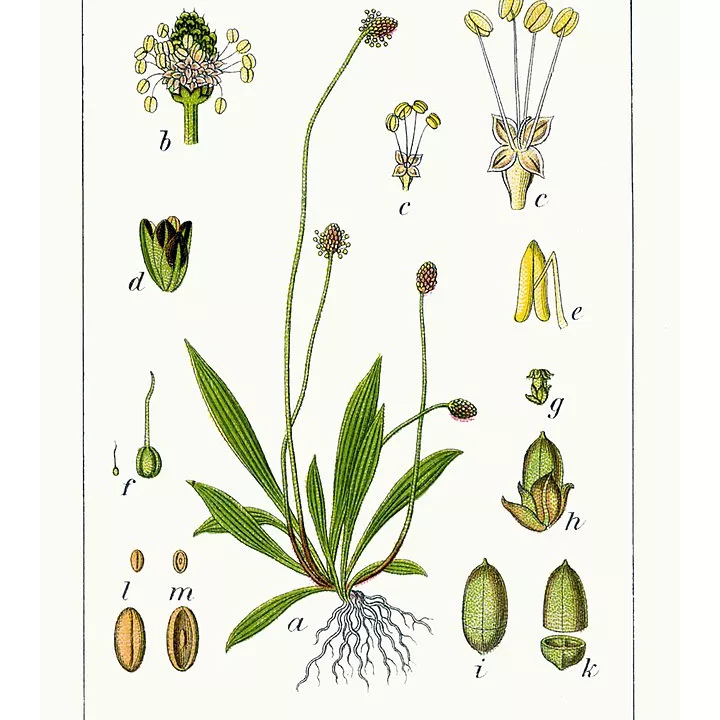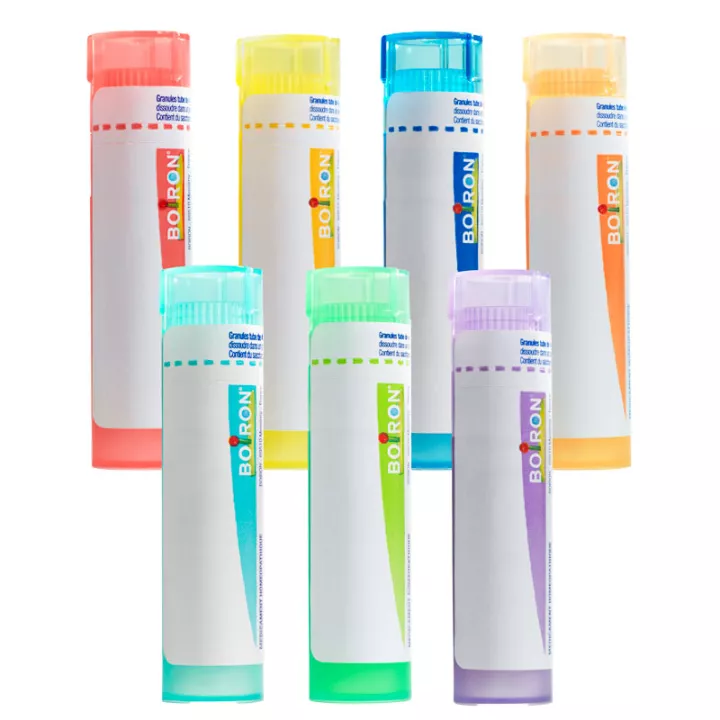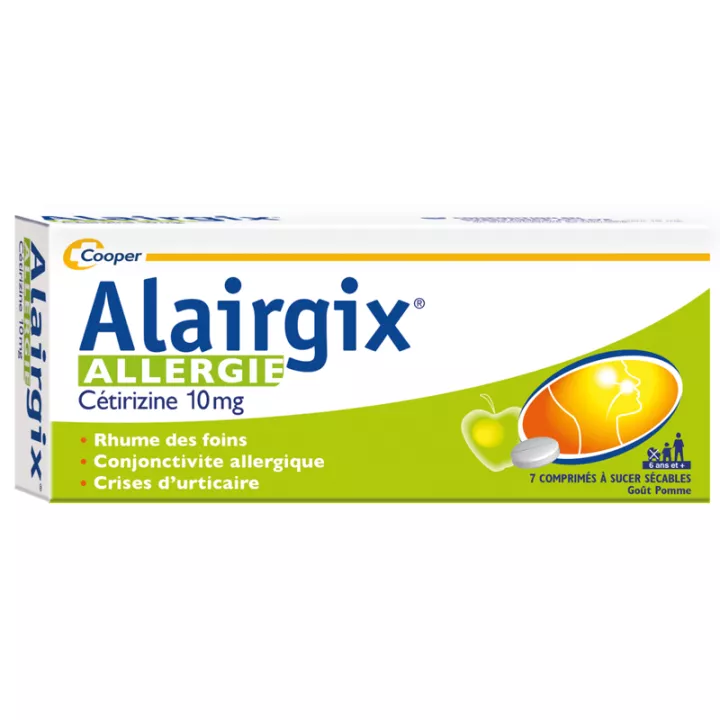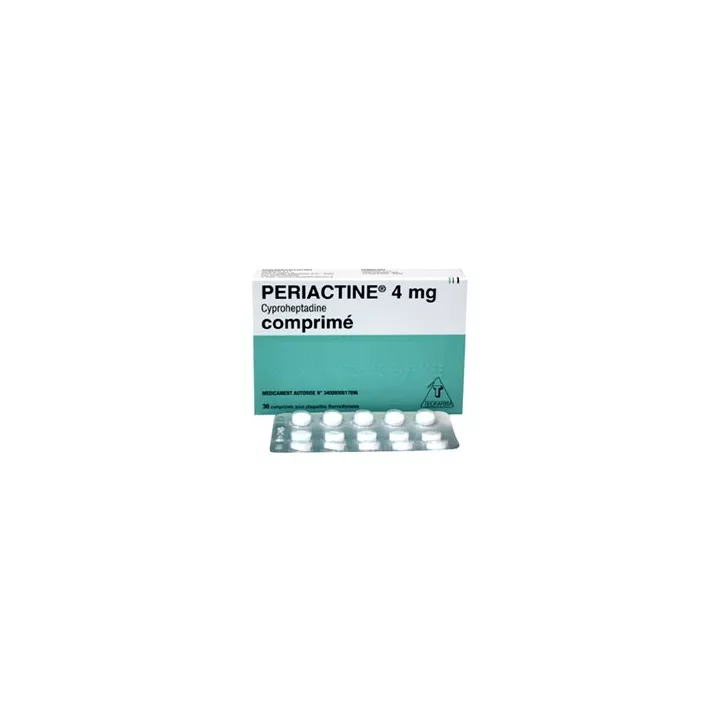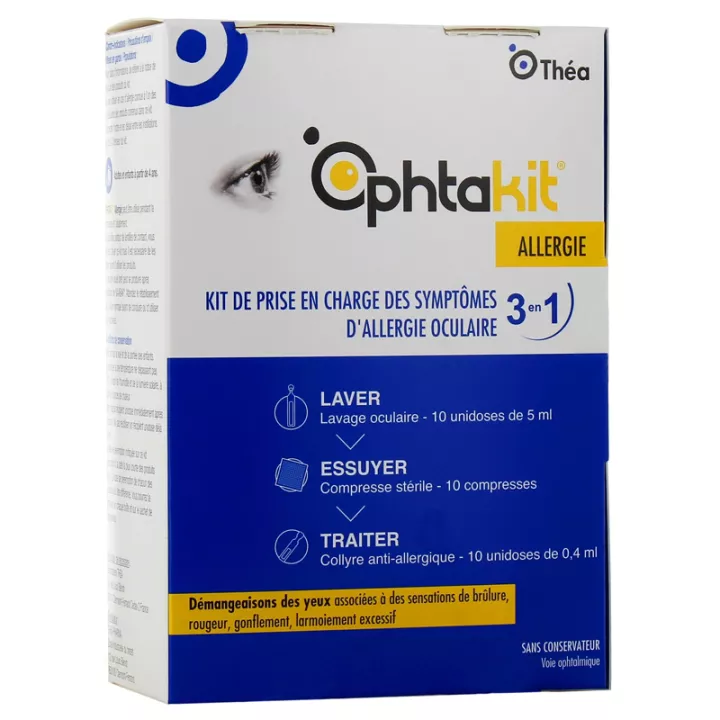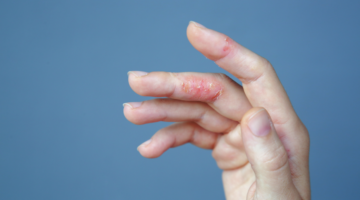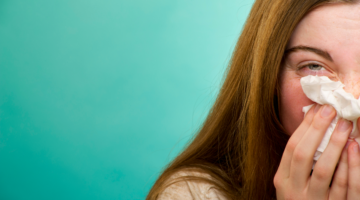NOTICE
ANSM - Last updated: 19/01/2017
Name of the medicinal product
ACTIFED ALLERGY CETIRIZINE 10 mg film-coated tablet.
Cetirizine dihydrochloride
framed
Please read this leaflet carefully before you start taking this medicine because it contains important information for you.
You should always take this medication exactly as prescribed in this leaflet or by your doctor or pharmacist.
· Keep this leaflet. You might need to read it again.
· Ask your pharmacist for advice or information.
· If you experience any of the side effects, talk to your doctor or pharmacist. This also applies to any side effects not mentioned in this leaflet. See section 4.
· You should contact your doctor if you experience no improvement or feel less well after 3 days.
Do not use this medication for children.
What is in this leaflet?
1. What is ACTIFED ALLERGY CETIRIZINE 10 mg film-coated tablet and in which cases it is used?
2. What should I tell you before taking ACTIFED ALLERGY CETIRIZINE 10 mg film-coated tablet?
3. How to take ACTIFED ALLERGY CETIRIZINE 10 mg film-coated tablet?
4. What are the possible side effects?
5. How to store ACTIFED ALLERGY CETIRIZINE 10 mg film-coated tablet?
6. Package contents and other information.
1. WHAT IS ACTIFED ALLERGY CETIRIZINE 10 mg film-coated, breakable tablet AND WHAT IT IS USED FOR?
Pharmacotherapeutic group - ATC code: R06A E07
The cetirizine dihydrochloride is the active substance of ACTIFED ALLERGY CETIRIZINE 10 mg, film-coated scored tablet.
ACTIFED ALLERGY CETIRIZINE 10 mg film-coated tablet is an anti-allergy medication (anti-histamine for systemic use).
In adults and children from 6 years of age, this medication is indicated for:
· the treatment of nasal and ocular symptoms of seasonal or perennial allergic rhinitis.
· the treatment of symptoms of chronic urticaria (idiopathic chronic urticaria).
2. BEFORE YOU TAKE ALLERGY CETIRIZINE 10 mg film-coated tablet scored?
Never take ACTIFED ALLERGY CETIRIZINE 10 mg film-coated tablet:
· if you have severe kidney disease (severe renal insufficiency with a creatinine clearance of less than 10 ml / min)
· if you are allergic (hypersensitive) to cetirizine, any of the other ingredients of this medication mentioned in section 6, hydroxyzine or piperazine derivatives (related substances in other medicines).
Warnings and Precautions
You should not take ACTIFED ALLERGY CETIRIZINE 10mg, film-coated tablet:
· If you have an intolerance to galactose, a glucose or galactose malabsorption syndrome or Lapp lactase deficiency (rare hereditary diseases).
Take special care with ACTIFED ALLERGY CETIRIZINE 10 mg film-coated tablet:
Talk to your doctor or pharmacist before taking ACTIFED ALLERGY CETIRIZINE 10 mg film-coated tablet.
· If you have kidney failure, seek advice from your doctor; if necessary, you should take a lower dose. The appropriate dosage will be determined by your doctor. If you have difficulty in urinating, ask your doctor for advice.
· If you are an epileptic or if you are at risk of seizures, ask your doctor for advice.
· You should stop taking this medicine 3 days before taking an allergic skin test because antihistamines may affect the results of this test.
· There is no description of any interaction that may have a particular effect in the concomitant use of cetirizine (used in normal doses) and alcohol (up to a blood concentration of 0.5 per thousand corresponding to a glass of wine). As with any other antihistamine, it is nevertheless recommended to avoid taking alcohol during treatment.
Other medicines and ACTIFED ALLERGY CETIRIZINE 10 mg film-coated tablet
Inform your doctor or pharmacist if you are taking, have recently taken or may take any other medicines, including non-prescription medicines.
Due to the profile of cetirizine, no interaction with other drugs is expected.
If you are a sensitive patient, concomitant use of alcohol or other central nervous system (CNS) depressants may decrease your alertness and reduce your ability to respond.
ACTIFED ALLERGY CETIRIZINE 10 mg film-coated tablet with food and drink
Food intake does not significantly affect the absorption of cetirizine.
Pregnancy and breast feeding
If you are pregnant or breastfeeding, think you may be pregnant or plan a pregnancy, ask your doctor or pharmacist for advice before taking this medicine.
As with other medicines, the use of ACTIFED ALLERGY CETIRIZINE 10 mg film-coated tablet should be avoided during pregnancy. Accidental use during pregnancy should not affect the fetus. However, it is preferable as a precautionary measure to avoid further treatment.
ACTIFED ALLERGY CETIRIZINE 10mg, film-coated tablet should not be taken during breast-feeding because of its passage through breast milk.
Sport
Not applicable.
Driving and using machines
Clinical studies did not demonstrate impairment of alertness, reaction time or ability to drive after administration of cetirizine at the recommended doses. However, if you suffer from drowsiness you should refrain from driving a vehicle or handling a potentially hazardous tool or machine. You should not exceed the recommended dose and you should carefully evaluate your response to cetirizine treatment beforehand.
If you are a sensitive patient, concomitant use of alcohol or other central nervous system depressants may result in decreased attention or ability to respond.
ACTIFED ALLERGY CETIRIZINE 10mg, film-coated tablet contains lactose
If your doctor has told you about an intolerance to some sugars, contact your doctor before taking this medicine.
3. HOW TO TAKE ACTIFED ALLERGY CETIRIZINE 10 mg film-coated tablet?
These instructions should be followed unless your doctor or pharmacist has given you different instructions on how to use this medicine. Follow these instructions, if not, this medication may not be completely effective.
The tablets should be swallowed with a drink.
The recommended dose is:
Adults and adolescents over 12 years:
10 mg once daily or 1 tablet.
Children from 6 to 12 years:
5 mg twice daily, half a tablet twice daily.
Moderate to severe renal impairment:
In patients with moderate to severe renal impairment, the dose will be reduced to 5 mg once daily.
If you think the effect of ACTIFED ALLERGY CETIRIZINE 10 mg is too weak or too strong, talk to your doctor.
Duration of treatment :
The duration of treatment depends on the type, duration and progression of the signs and is determined by your doctor.
If symptoms worsen or persist after 3 days, consult a physician.
If you take more ACTIFED ALLERGY CETIRIZINE 10mg, film-coated scored tablet than you should:
Immediately consult your doctor or pharmacist. Your doctor will decide what steps should be taken, if necessary.
In case of overdose, the side effects described below may occur with an increased intensity. Side effects such as confusion, diarrhea, dizziness, tiredness, headache, feeling sick, pupil dilation, itching, restlessness, sedation, drowsiness, stupor, abnormal increase in heart rate, tremors and urinary retention have been reported.
If you forget to take ACTIFED ALLERGY CETIRIZINE 10 mg film-coated tablet:
Do not take a double dose to make up for a missed dose.
If you stop taking ACTIFED ALLERGY CETIRIZINE 10 mg film-coated tablet:
Not applicable.
If you have any further questions on the use of this medication, ask your doctor or pharmacist.
4. WHAT ARE POSSIBLE SIDE EFFECTS?
Like all medicines, this medicine may cause side effects, although not everybody gets them.
Common side effects (may affect up to 1 in 10 people):
Fatigue, dry mouth, nausea, diarrhea, dizziness, headache, drowsiness, pharyngitis, rhinitis
Uncommon side effects (may affect up to 1 in 100 people):
Abdominal pain, asthenia (severe fatigue), malaise, paresthesia (abnormal sensation in the skin), agitation, pruritus, rash
Uncommon side effects (may affect up to 1 in 1,000 people):
Tachycardia (swelling of the heart), allergic reactions, sometimes severe (very rare), abnormal liver function, weight gain, convulsions, aggressiveness, confusion, depression, hallucination, insomnia, urticaria
Very rare side effects (can affect up to 1 in 10,000 people):
Thrombocytopenia (low blood platelet count), accommodation disorder, blurred vision, oculogyric seizures (uncontrolled circular movements of the eyes), syncope, tremor, dysgeusia (taste impairment), dystonia / dyskinesia to eliminate urine, tics, edema, fixed pigmented erythema.
Undesirable effects of unknown frequency (can not be estimated from the available data):
Dizziness, increased appetite, amnesia (loss of memory), memory impairment, urinary retention (difficulty passing urine)
In very rare cases, some people may have thoughts of suicide, if you think to be in this case, stop taking this medicine and consult your doctor.
Declaration of side effects
If you experience any side effects, talk to your doctor or pharmacist. This also applies to any side effects not mentioned in this leaflet. You can also report adverse reactions directly via the national reporting system: National Agency for the Safety of Medicines and Health Products (ANSM) and network of Regional Centers of Pharmacovigilance - Website: www.ansm.sante.fr
By reporting adverse reactions, you are helping to provide more information about the safety of the drug.
5. HOW TO STORE ACTIFED ALLERGY CETIRIZINE 10 mg film-coated tablet?
Keep this medicine out of the reach and sight of children.
Do not use this medicine after the expiry date which is stated on the pack and the blister after EXP. The expiry date refers to the last day of that month.
No special storage conditions.
Do not throw any medicines into drains or rubbish. Ask your pharmacist to remove any medications you are no longer using. These measures will help protect the environment.
6. PACKAGE CONTENTS AND OTHER INFORMATION
What ACTIFED ALLERGY contains: CETIRIZINE 10 mg film-coated tablet
· The active substance is:
Cetirizine dihydrochloride ............................................... ............................................... 10 mg
For a scored film-coated tablet
· The other components are:
microcrystalline cellulose, lactose, macrogol 400, magnesium stearate, hypromellose, anhydrous colloidal silica, titanium dioxide (E171).
What is ACTIFED ALLERGY CETIRIZINE 10 mg film-coated tablet and contents of the pack
Film-coated tablet, white, oblong, with a break line with the YY logo engraved on one side.
Box of 1, 4, 5, 7, 10, 14, 15, 20, 21, 30, 40, 45, 50, 60, 90 or 100 tablets.
Not all pack sizes may be marketed.
Marketing Authorization Holder
JOHNSON & JOHNSON SANTE BEAUTE FRANCE
1, rue Camille Desmoulins
92130 ISSY LES MOULINEAUX
Marketing Authorization Operator
JOHNSON & JOHNSON SANTE BEAUTE FRANCE
1, rue Camille Desmoulins
92130 ISSY LES MOULINEAUX
Maker
AESICA PHARMACEUTICALS SRL
10044 pianezza (TO)
VIA PRAGLIA, 15
ITALY
Names of the medicinal product in the Member States of the European Economic Area
This medicinal product is authorized in the Member States of the European Economic Area under the following names: In accordance with the regulations in force.
[To be completed at a later date by the holder]
The last date on which this leaflet was revised is:
[to be completed later by the holder]
Other
Detailed information on this medicine is available on the ANSM website (France).
Health Education Council:
a) What is an allergy, what is an allergic reaction?
Allergy is an overreaction of our body to substances it considers harmful: allergens. Allergens are the factors and substances triggering allergy and associated disorders.
During repeated and intensive contacts of our body with the allergen, an allergic reaction is triggered.
The allergic reaction refers to all symptoms appearing a few minutes or hours after exposure to allergens. These allergens come from plants, animal hair, food, dust mites, molds or are substances of occupational origin.
This allergic reaction causes the release in the body of substances such as the histamine responsible for the disorders felt.
Like any allergic disease, it is important to consult a doctor at least once. IT SHALL DETERMINE IN PARTICULAR THE NEED FOR AN ALLERGOLOGICAL REVIEW.
b) How to recognize allergic rhinitis, seasonal or non-seasonal allergic conjunctivitis, localized acute urticaria?
Allergic rhinitis results in the following symptoms: successive sneezing, colorless nasal discharge, nasal obstruction (stuffy nose), itching and tingling of the nose. It may be accompanied by irritations of both eyes (tearing, redness), throat and nose.
We distinguish :
· seasonal allergic rhinitis or hay fever : they occur every year in the same season when the concentration of pollen increases in the air. These allergies due to pollen are very common and usually manifest for the first time during adolescence. They are repeated every year at the same time, depending on the presence of the responsible pollen (s). However, you are not allergic to all pollens, but to one or more of them only.
· perennial allergic rhinitis , occur throughout the year and most often depend on domestic allergens such as mites, dust, mold, and domestic animals.
· Allergic conjunctivitis is characterized by tearing and tingling of both eyes.
· The localized acute urticaria results in plaques with itching, redness, edema (swelling).
c) Some practical tips
Removing the allergen (is foreclosure) is the measure of choice to suppress or reduce the symptoms of allergy.
For household allergens: measures to reduce the presence of allergens are essential:
· The mattress should be completely surrounded by a plastic dust mite cover as well as the pillows. The bed base, unless it is in slats or metal, shall be surrounded by a plastic. All bedding should be washed twice a month at 60 ° C if possible.
· The room should be ventilated and cleaned regularly.
· On the floor, you will avoid bed runs and carpets.
· Avoid pets.
During the pollen season it is possible to reduce the exposure to pollen:
· In your garden, diversify the plantations avoiding the most allergenic species (cypress, thuja, birch ...),
· Avoid lawn mowing yourself during the pollen season,
· Garde preferably with glasses and a protective mask.




